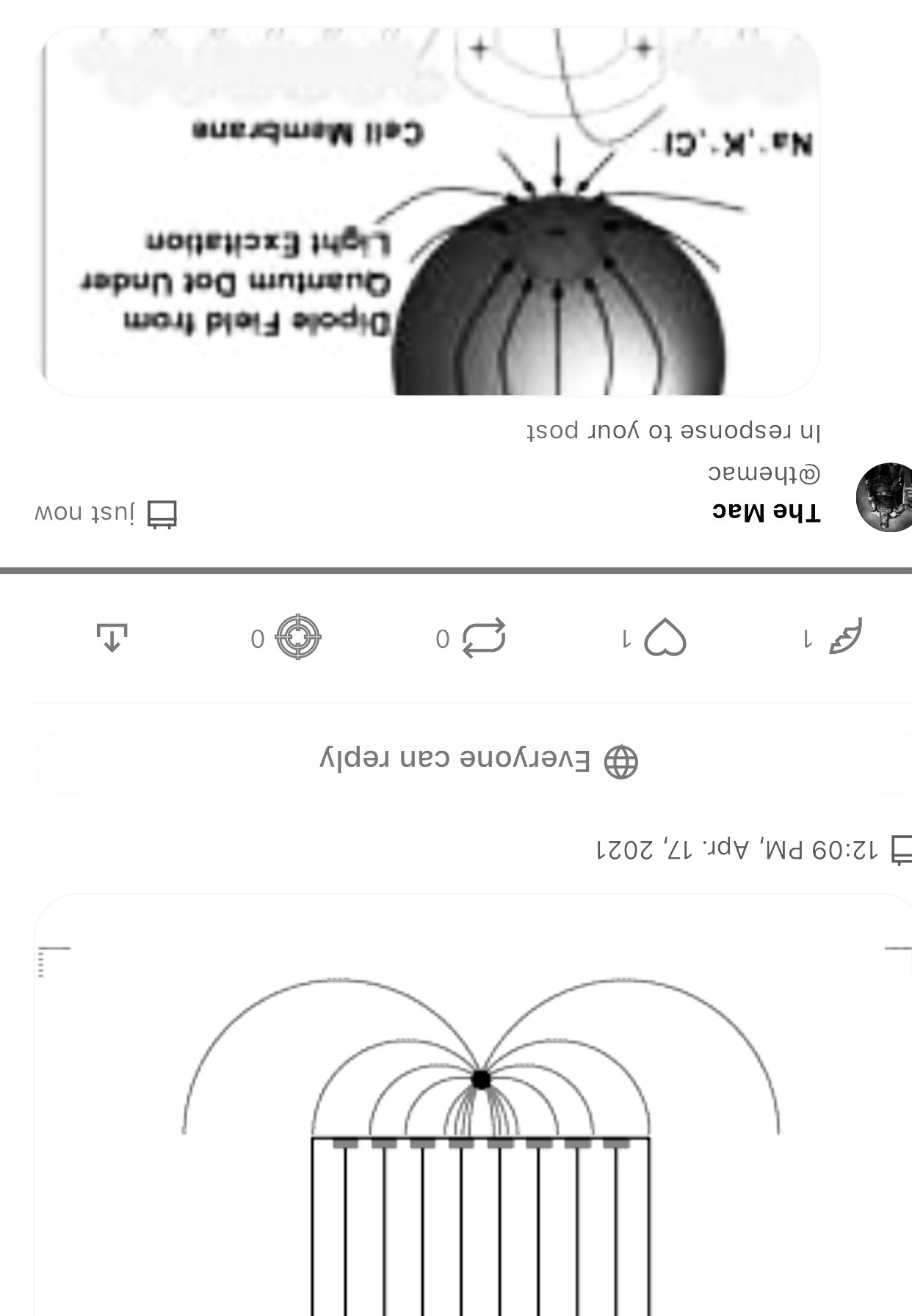Discernment is critical.
HAhaha, Bad hair day?
Seriously, if the Earth can be utilized as a magnetic force then there is no gravitational pull if working with the opposite magnetic element.
SUCH AS: Putting two polarized magnets together (repelling each other) and injecting a two pronged circuit completed with coiled copper wires attached, this video shows it as free energy, for charging the phone.
QUESTION: why does each wire need to be coiled?
Do the coils act like an intensified distance, accelerating the magnetic waves into energy? Is that why it works?
Lorentz force
PHYSICS
noun: Lorentz force; plural noun: Lorentz forces
the force which is exerted by a magnetic field on a moving electric charge.
Standing wave, also called stationary wave, combination of two waves moving in opposite directions, each having the same amplitude and frequency. The phenomenon is the result of interference; that is, when waves are superimposed, their energies are either added together or canceled out.
Discernment is critical.
Presumably that's why the Atlantic and Pacific oceans do not mix ... one having the (Atlantic) clockwise centrifugal force and the other from the southern pole has a counter clockwise rotation, which then repels them from mixing (so I read). Plus they are of different molecular structures yet have about the same density, so they are a wall to each other ... that just floors me.
Is magnetism, in any way partly responsible for why the oceans don't mix?
pole (third-person singular simple present poles, present participle poling, simple past and past participle poled)
(transitive) To induce piezoelectricity in (a substance) by aligning the dipoles.
🤷🏼♂️
R O D
pole
(Uri) to make noise, clatter, rumble
pole n
(agriculture) field
(physics) field
(algebra) field
(computing) field
(programming) array
From Middle French pole, pôle, from Latin polus, from Ancient Greek πόλος (pólos, “axis of rotation”).
Noun
pole (plural poles)
Either of the two points on the earth's surface around which it rotates; also, similar points on any other rotating object.
The south pole is the opposite end of a north pole... basically.


